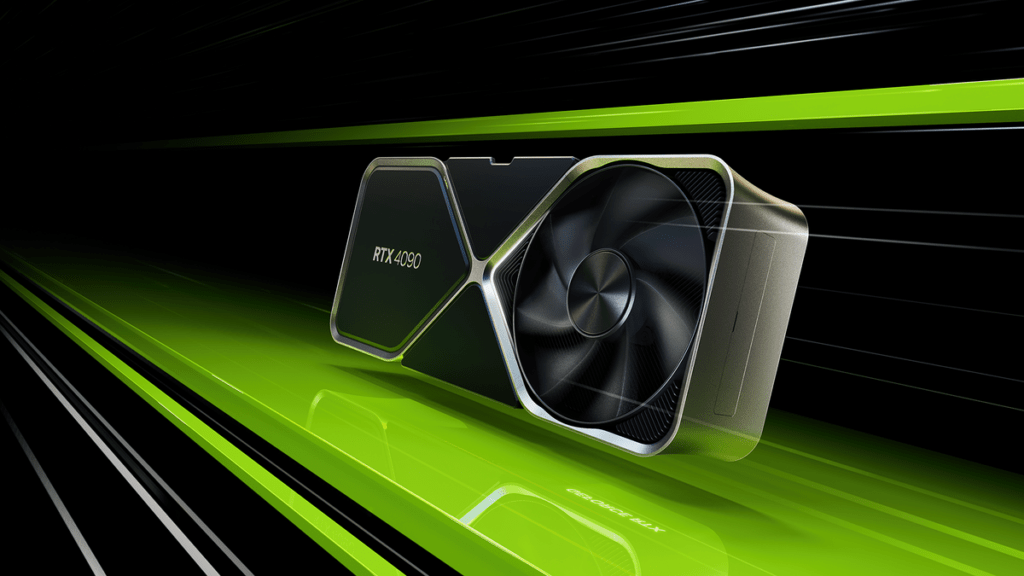- Nvidia will bring Frame Generation improvements to the RTX 4000 series
- DLSS 4 will be available for all RTX GPUs
- This can prove to be beneficial to the longevity of older GPUs
During the launch of Nvidia’s RTX 4000 GPU series in 2022, we saw plenty of criticism from PC gamers (myself included) regarding both the sky-high prices and DLSS 3, with Frame Generation being exclusive to the new generation. This time, with the new RTX 5000 series reveal, it looks like Nvidia is doing it right again.
As highlighted by Wccftech, starting January 30 (the RTX 5090 and 5080 launch date) RTX 4000 series GPU owners will receive improvements to Frame Generation, which promises to use less VRAM while boosting performance at higher frame rates. That’s not all either: all RTX GPUs will have access to the improved upscaling of DLSS 4, which is a massive change since all RTX 2000 and 3000 owners have only had access to DLSS 2 since way back in 2020.
While the new Multi Frame Generation feature will be exclusive to the RTX 5000 series (likely due to hardware requirements), these improvements for RTX 4000 series owners (using DLSS 4) could prove extremely beneficial in improving performance across multiple games. Despite the online controversy surrounding Team Green’s Frame Generation and the potential disregard for optimization by game developers, retaining support for older GPUs is a nice gesture, especially considering past circumstances.
Need an RTX 5000 series GPU now?
With DLSS 4 soon available to all RTX users and Frame Generation improvements coming to compatible GPUs, it begs the question – is there an urgent need to upgrade to the new RTX 5000 series? Honestly, I’m not sure, at least about the wallet-busting RTX 5080 or 5090 for now. While we’re still awaiting actual results, there’s a good chance that DLSS 4 will prove to be a huge boon for the older GPUs.
I imagine that the jump from DLSS 2 to DLSS 4 for e.g. an RTX 3060 GPU will do wonders for providing a performance boost – while it may not completely revolutionize performance, it could potentially give users a few years of use from their current GPUs before they really need to start considering an upgrade.
Granted, looking at the recently announced RTX 5070, its $549 / £539 / AU$1,109 price tag and Nvidia’s claims of RTX 4090-level performance (while I’m using DLSS 4 with frame-gen enabled, to be clear), the I’d say upgrading to this GPU will probably end up being worth it for all PC gamers without sky-high budgets – but we’ll have to wait and see when reviews are available.



